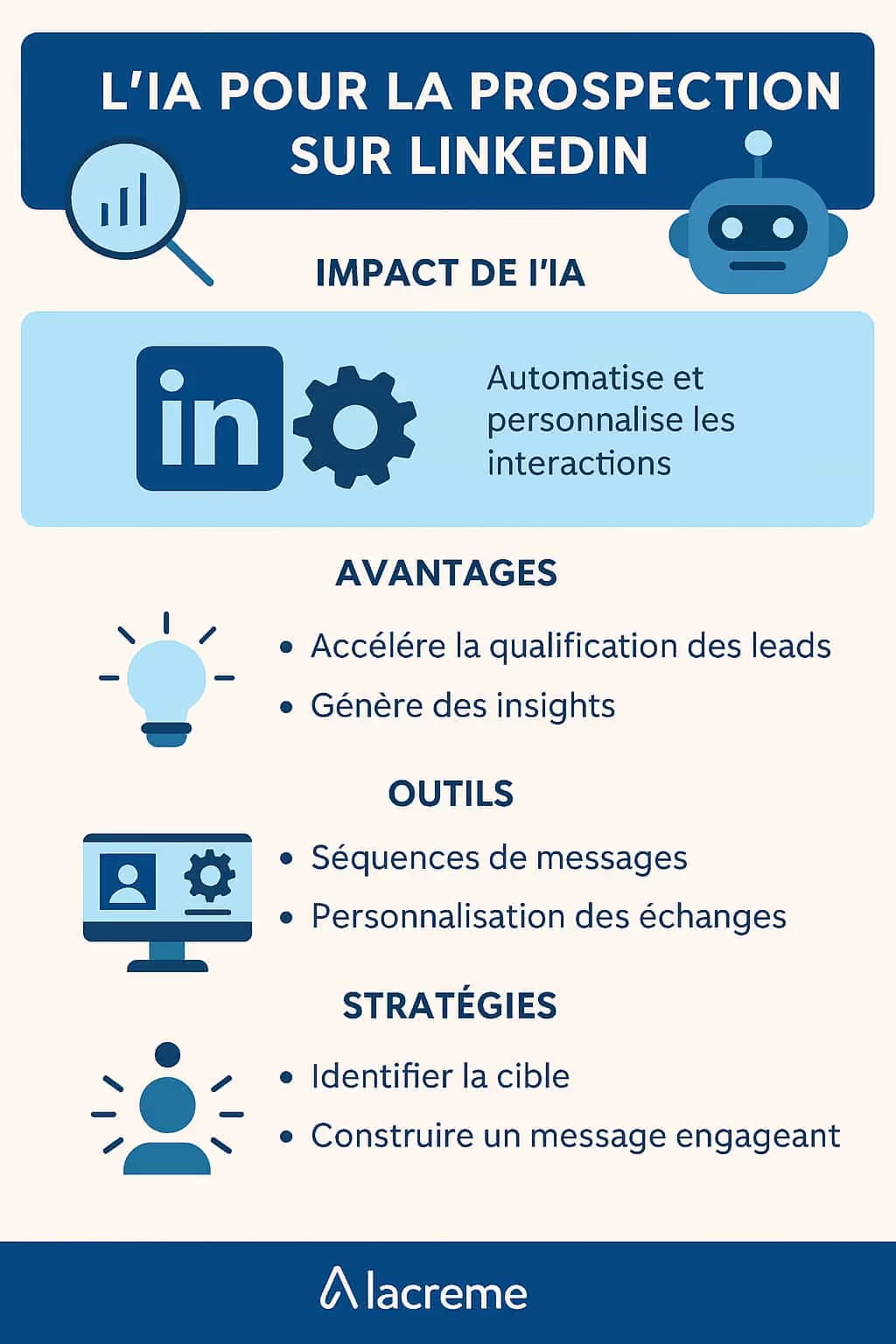THEartificial intelligence (AI) is transforming many fields, in particular that oflife insurance. Specialized companies are increasingly relying on this powerful tool to improve efficiency, reduce risks and offer more personalized services to their customers. This article details the different ways in which AI is shaping life insurance and how it is likely to impact the future of the industry.
The Impact of Artificial Intelligence on Life Insurance Companies
Understanding how AI works in life insurance
In life insurance, artificial intelligence refers to the use of algorithms and predictive models capable of analyzing considerable volumes of data. These analyses allow informed decisions to be made, ranging from risk assessment to the personalization of offers. AI technologies such as machine learning and predictive analytics improve the accuracy of simulations and evaluations, thus facilitating underwriting and pricing that better match the specific needs of each individual.
Process improvement through AI: case studies
Leading insurance companies have integrated AI into their systems to optimize claims processing and claims management. For example, through Chatbots that automate answers to frequently asked questions or initiate the claims process. Such improvements save significant time for customers and insurers, while reducing the opportunities for human error.
Modernizing Underwriting and Pricing with AI
AI innovations in life insurance underwriting
Life insurance underwriting is a critical process that requires accurate risk assessment. AI makes it possible to automate and refine this process, making decisions faster and more accurate. Through the analysis of structured and unstructured data, such as medical reports, health histories, and even data from Wearables, AI ensures individualized and fair pricing based on real risks rather than estimates.
AI and dynamic price adjustment
Artificial intelligence also contributes to the establishment of dynamic rates. Insurers can thus adapt premiums according to changes in customer data, such as lifestyle habits or health status. This makes it possible to offer competitive premiums and coverage adapted to changing needs.
The Benefits of AI-Assisted Portfolio Management
Personalized and predictive investment
AI offers the ability to personalize life insurance portfolio management by using algorithms to match risk profiles and customer preferences with optimal investment strategies. In particular, it improves forecasting capabilities by analysing market trends and reacting to economic events in real time to protect and grow the assets of policyholders.
AI-powered wealth management strategies
Wealth management strategies are also enhanced by artificial intelligence, which provides asset managers with valuable insights into investment opportunities and potential risks. This ability to quickly analyze large data sets provides a better understanding of the implications of investment choices and contributes to more informed decisions.
Fraud Prevention and Risk Management with AI
Predictive tools and anomaly detection
At the heart of risk management, artificial intelligence helps predict fraudulent behavior before it occurs. By identifying reasons for anomalies and discrepancies within huge transaction volumes, AI allows insurers to take preventive measures and limit losses due to fraud.
AI-enhanced data security and privacy
Beyond detecting fraud, AI also contributes to strengthening data security and privacy. Intelligent encryption systems and AI algorithms specialized in pattern recognition are used to protect sensitive information and ensure its integrity.
The Future of Life Insurance in the Age of Artificial Intelligence
Evolution of life insurance offers based on AI
With the continuous evolution of AI technologies, life insurance products are becoming more flexible and personalized. We expect to see the emergence of products that can be adjusted in real time according to behavior and changes of the customer's situation.
Prospects: AI, a driver of innovation in life insurance
Finally, artificial intelligence is seen as a major innovation driver in the life insurance sector. By anticipating the evolution of consumer needs and responding with agility, AI is called upon to redefine the relationship that customers have with their insurance, transforming life protection into an enriched and hyper-personalized customer experience.
In conclusion, AI is an essential vector of evolution for life insurance companies wishing to remain competitive. Thanks to its analysis skills, its learning mechanisms and its predictive solutions, it is already revolutionizing the sector. The years to come will witness its increased penetration and its potential to create a more responsive, secure, and customer-centric insurance landscape.






